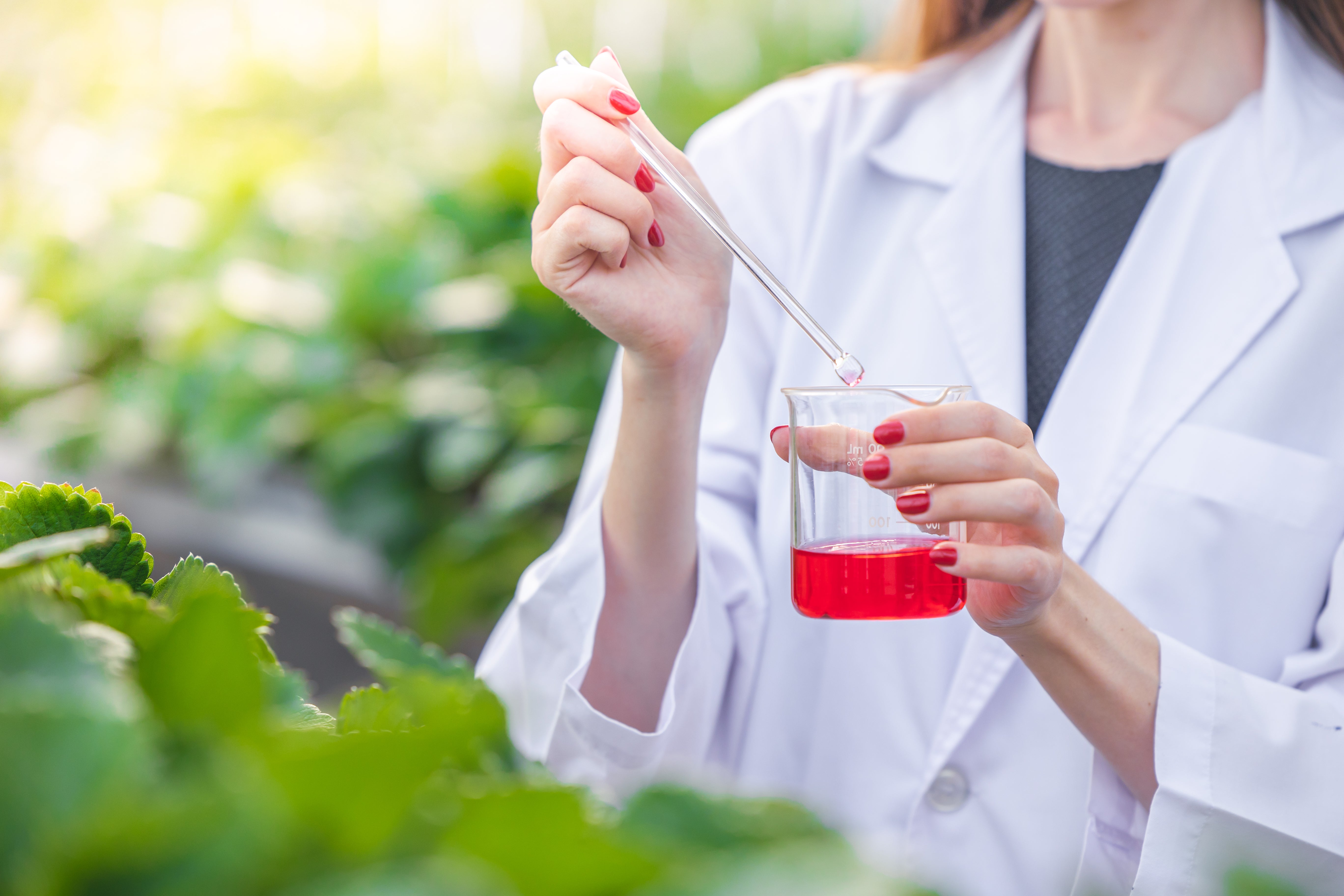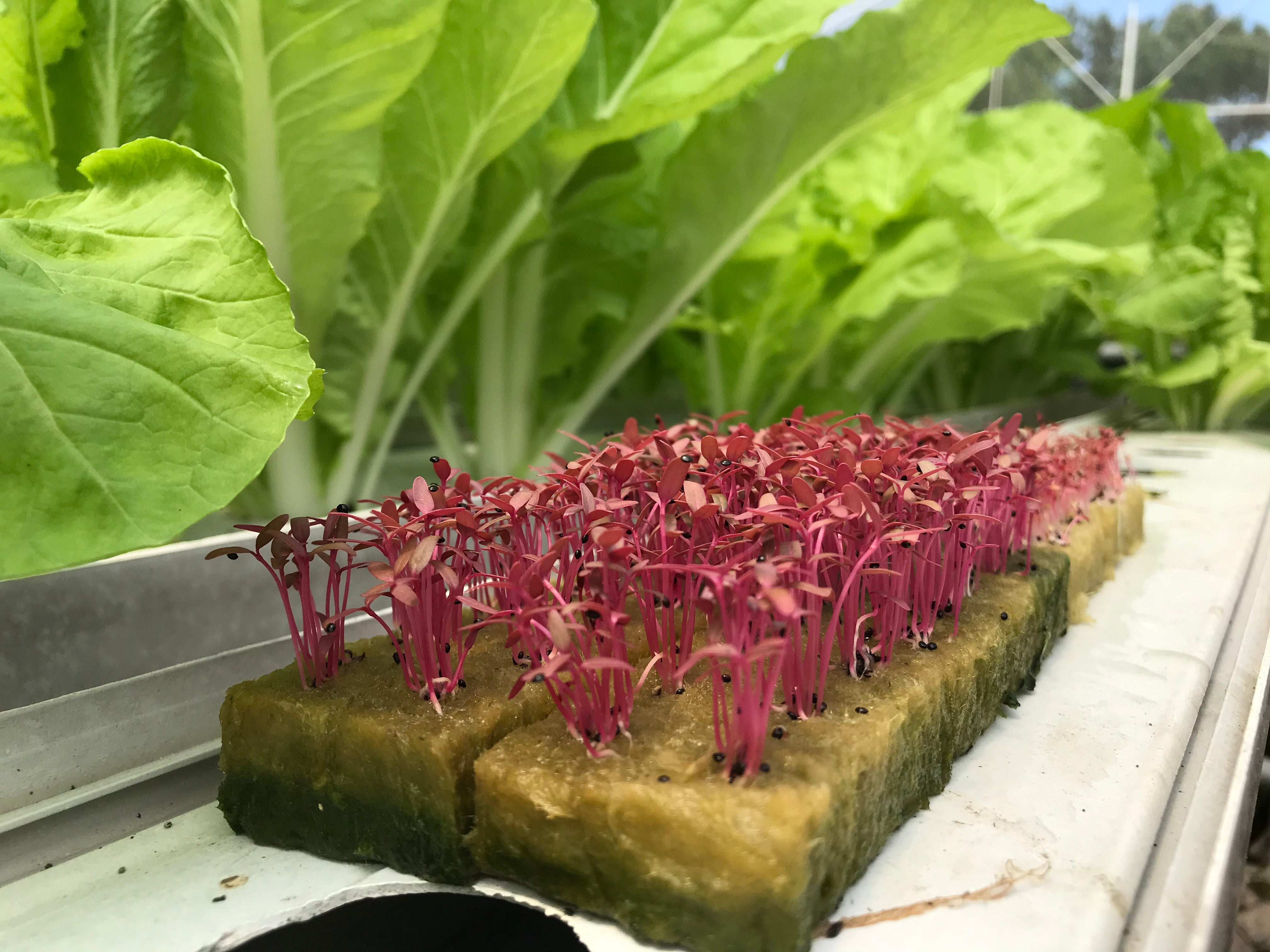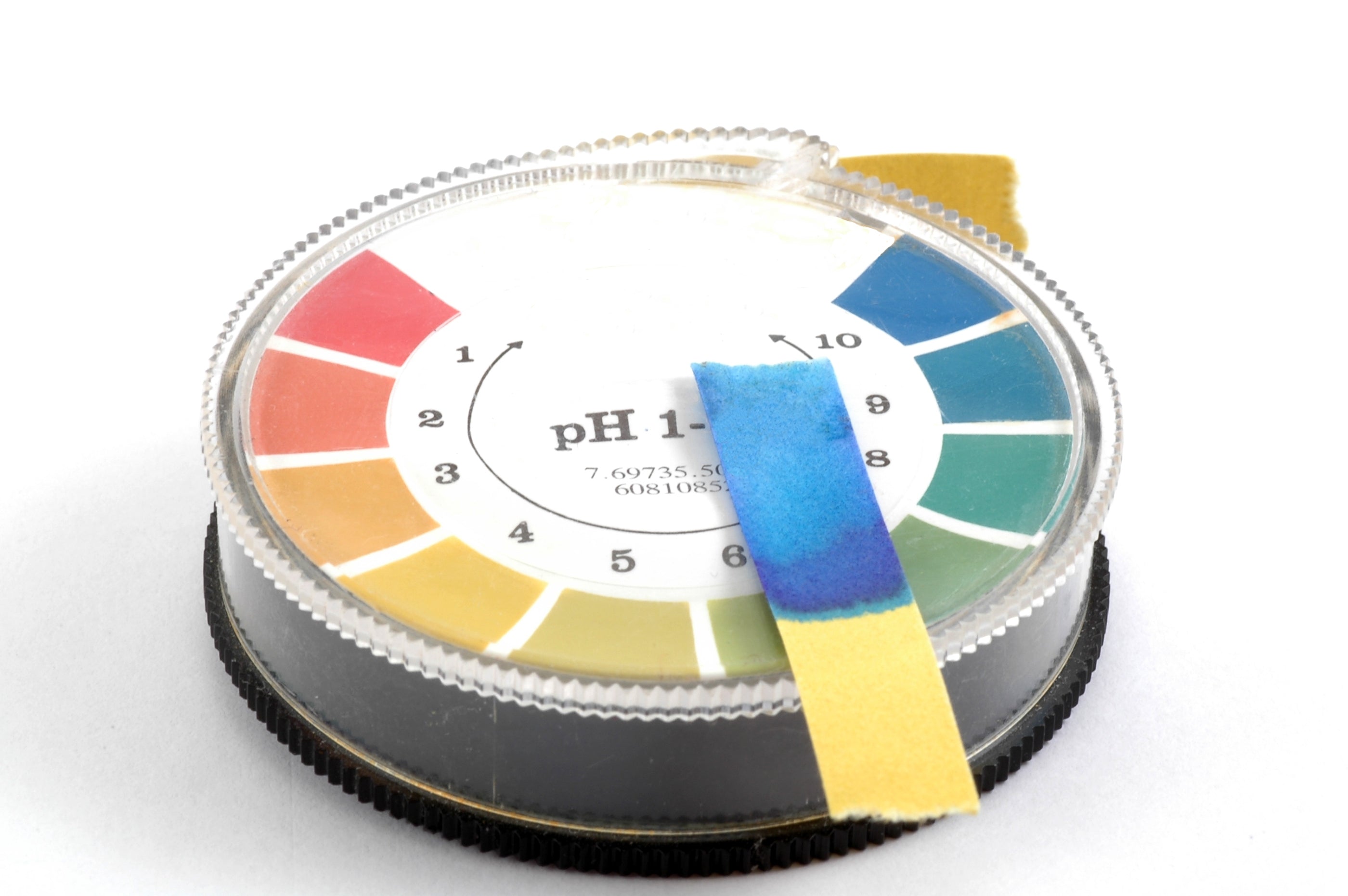Hydroponic Water: Temperature and Quality
Understanding the Importance of Hydroponic Water Temperature and Quality
“Hydroponic water” sounds so mysterious, like some strange and special water. In truth, it’s just plain water with some nutrients added. I’m going to try to de-mystify hydroponic water, and help you figure out how easy it is to keep your hydroponic plants happy.
Water Quality: Tap water, rainwater, well water - it’s all water! Some water has more mineral content or chlorine content than other water though. A good rule of thumb: If it tastes good to you, it tastes good to your plants.
If your water doesn’t taste good, you probably need to fix it. Most city water plants will give you a water quality report (often available on-line) with breakdowns of how much chlorine is in the city water, along with the amounts of lead, copper and other trace minerals. If you have a well, you probably have your own water quality report somewhere.
If your water has too much chlorine, there are a few ways to fix it. You can leave the water out overnight and the chlorine should off gas. You can aerate the water with an airstone. You could boil it and then let it cool. There are commercial de-chlorinating tablets, and I’ve seen people add citric acid to remove chlorine, but I never recommend adding anything to the water to try to take something away.
If your problems are bigger than just chlorine (lots of other excess minerals), you should run the water through a water filter. Not a water softener - that just adds salt, but some kind of a filter. It doesn’t have to be fancy, it could be as easy as a Berkey.
Check the pH of your water (and write it down somewhere) before you add anything to it just so you know your baseline number.

Water Temperature: Will warm water rot your roots? Grow algae? Not really. Although it grows faster in warm water, algae is not temperature dependent. You can leave a glass of warm tap water out until it evaporates and it will never grow algae. Algae can only grow in the presence of light and nutrients. So if you’re getting a lot of algae growth, the temperature isn’t your only problem.
However, cold water can hold more dissolved oxygen than warm water. Since plant roots need oxygen, this is a good reason to have cooler water. To cool your water, you might think about investing in a hydroponic water chiller. A water chiller is like a reverse water heater. It has a tank that holds water, and refrigerates it instead of heating it. If you’ve ever drunk from a drinking fountain, you have experienced a water chiller. And a hydroponic water chiller is actually just a regular water chiller.
No water chiller? No problem. Unless you are growing commercially or on a large scale, you can just throw some ice cubes in the water. Another way to keep water cool is to use a white or light colored reservoir. You could bury the reservoir to insulate it from heat, or keep it in the shade. Circulation with an air stone can also pump air into water that is too warm, although that will not cool it.
If the water is too cold, like at night in the spring or fall, you can put a little fish tank heater in. Be careful when putting one in a plastic reservoir as it can melt plastic if it’s too hot. If you have a shallow reservoir or a Dutch bucket, you can submerge the heater in a large jar of fresh water and place the jar in the bucket. It gently heats the water and warms the plant’s roots at the same time.
For more great content check out the Proponics YouTube channel below!





